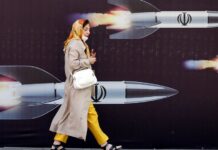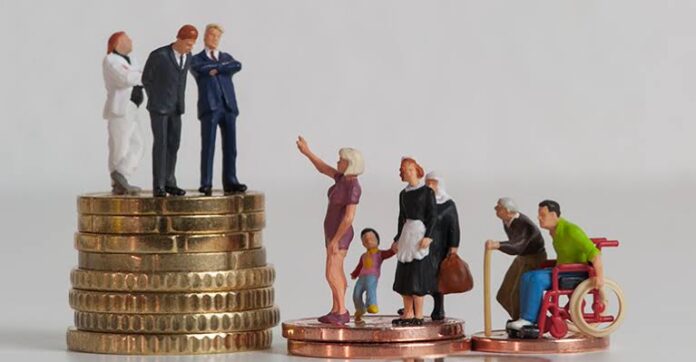Driving on the road where your loved ones have gone is a journey that transcends mere physical travel; it’s a reflection of our shared experiences and connections. Since last September, the onset of cold weather in Sweden has forced the closure of outdoor swimming pools, prompting some, like myself, to seek warmer climates abroad for outdoor swimming experiences. Despite the presence of indoor swimming facilities in Sweden, they are not always preferred. However, a recent visit to a new indoor swimming pool near the Westfield Mall of Scandinavia provided an eye-opening encounter with the social dynamics of access and privilege.
On a recent Sunday night, while purchasing tickets for entry, I encountered a large foreign family of eight who entered the facility without tickets. Curious, I struck up a conversation with them, inquiring about their frequency of visits. Surprisingly, they mentioned visiting three to four times a month, all for free, courtesy of societal-provided cards aimed at supporting those facing financial crises, homelessness, or mental health challenges. This encounter illuminated the stark contrast between the access to VIP services enjoyed by those in need versus the additional financial burdens imposed on the financially stable, such as myself, through taxes and surcharges.
In Sweden, where a significant portion of income is allocated to taxes even before receiving salaries, additional levies are commonplace, including a 25% surcharge at restaurants. While these taxes contribute to the state’s revenue and facilitate economic and infrastructural development, they also highlight disparities in access to social benefits. Many individuals from less privileged backgrounds, if given the opportunity, seek to migrate to countries with robust social support systems like Sweden. However, such reliance on social benefits is not universally favored among the Swedish populace, prompting ongoing societal introspection and research.
Contrastingly, the social fabric in Bangladesh operates on a different paradigm, where socioeconomic status directly correlates with access to opportunities and benefits, including VIP services. This contrast was vividly illustrated during a chance encounter with the President of a poorer nation, whose motorcade elicited awe-inspiring security measures and road closures, akin to the treatment afforded to VIPs in more affluent nations.
Reflecting on this disparity, questions arise about the equitable distribution of resources and privileges within societies. The juxtaposition of the President’s privileged treatment with the struggles of the masses underscores the importance of leadership connectedness and empathy towards the plight of ordinary citizens. Analogies drawn from childhood teachings, such as those regarding the empathy and engagement of historical figures like Hazrat Umar (R.A), highlight the expectation for leaders to prioritize the welfare of their constituents over personal comfort.
Proposing a paradigm shift in governance, I advocate for greater citizen involvement in decision-making processes, beyond the periodic act of voting. By assuming responsibility for funding government operations through taxes, citizens can assert greater control over elected representatives’ actions and ensure alignment with societal needs and priorities. Recognizing the collective significance of the populace compared to individual leaders, efforts to enhance infrastructure and promote civic engagement are paramount.
In conclusion, the fate of our world hinges on collective action and conscientious decision-making. By embracing our responsibilities as active participants in governance and advocating for systemic change, we can forge a future characterized by equity, justice, and prosperity for all. Let us seize this opportunity to shape a brighter tomorrow for ourselves and future generations.
Rahman Mridha, Former Executive, Pfizer, Sweden. Email: [email protected]




























